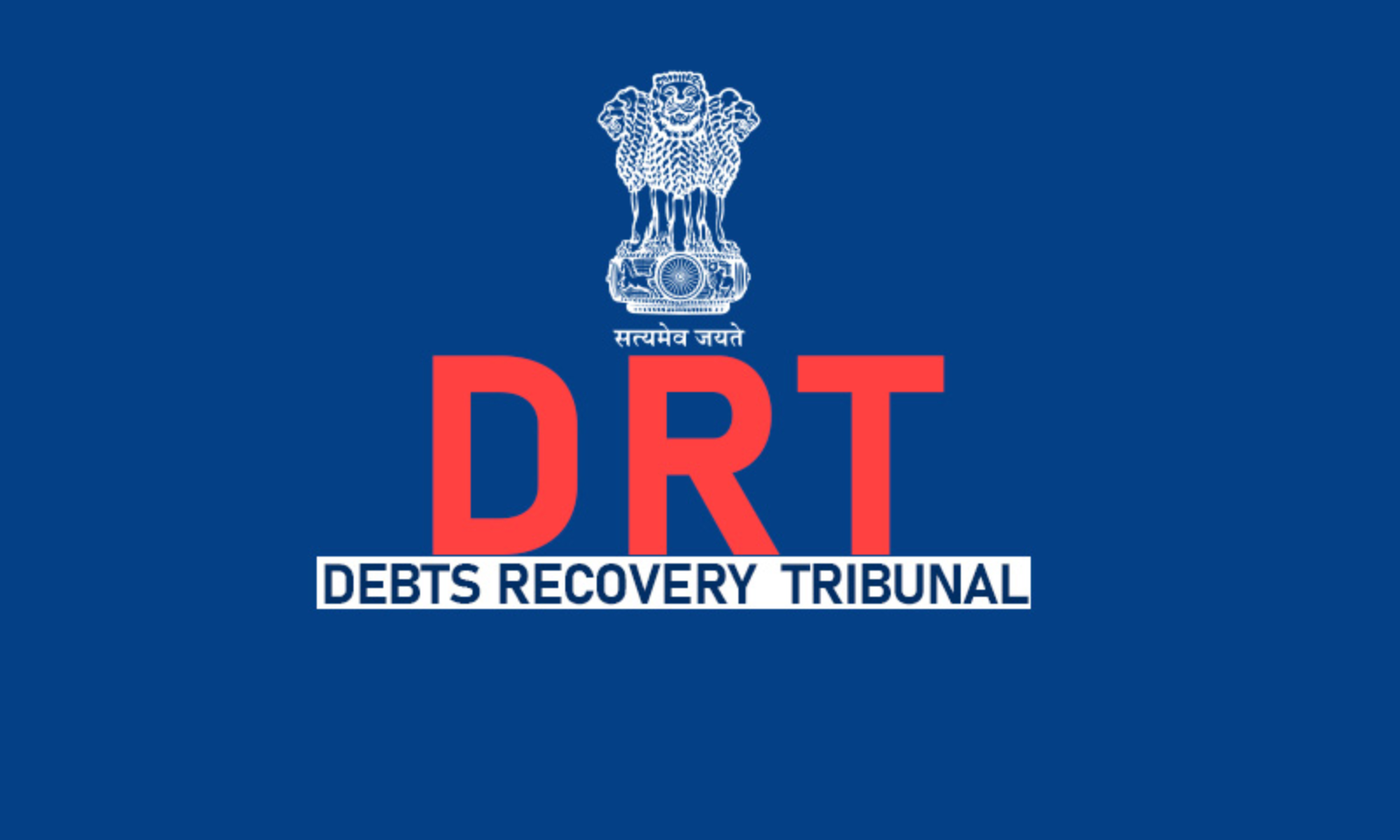Banks to conduct periodic performance reviews of empanelled advocates to fast-track cases in DRTs

- 19 Feb 2024
Why is it in the News?
Banks will conduct periodical reviews of the performance of empanelled advocates at debt recovery tribunals (DRTs) and rationalise the cases assigned to them based on performance.
What is the Debt Recovery Tribunal?
- Debt Recovery Tribunal is a quasi-judicial body formed under the Recovery of Debts Due to Banks and Financial Institutions (RDDBFI) Act, 1993 to facilitate recovery of loans by banks and financial institutions to the customers.
- It was introduced as a response to the growing issue of Non-performing Assets (NPAs) and the need for a dedicated mechanism to resolve disputes related to debt recovery.
- These tribunals were instituted to offer a swifter and more effective alternative to traditional civil courts for the resolution of matters concerning debt recovery by banks and financial institutions.
- Its Appellate Tribunal is the Debt Recovery Appellate Tribunal (DRAT).
- Under Section 22 of the RDDBFI Act, 1993, both DRT and DRAT are mandated to adhere to the principles of natural justice, and proceedings before them are deemed to be judicial.
Jurisdiction of Debt Recovery Tribunal:
- They are empowered to adjudicate cases brought forth by banks, financial institutions, and related entities seeking the recovery of outstanding amounts.
- DRTs preside over matters surpassing a designated monetary threshold, and their rulings carry the weight of civil court decrees.
- The scope of DRT jurisdiction encompasses a broad spectrum of financial claims, encompassing loans, advances, and financial aid extended by banks and financial institutions.
Powers of DRT:
- Under Section 22(2) of the RDDBFI Act, 1993, the DRT possesses the following powers:
- Summoning individuals and compelling them to testify under oath.
- Demanding the disclosure and presentation of documents.
- Accepting evidence through affidavits.
- Issuing commissions to examine witnesses or documents.
- Revisiting its rulings.
- Rejecting applications due to default or adjudicating them in absentia.
- Revoking any order of dismissal stemming from default or any order passed in absentia.
- Addressing any other matters stipulated by regulations.
- The organisational framework of the Debt Recovery Tribunal:
- DRTs fall under the purview of the Ministry of Finance and operate akin to judicial courts.
- Each DRT is helmed by a Presiding Officer, who must hold qualifications equivalent to that of a District Judge.
- The Presiding Officer is appointed for a tenure of five years or until reaching the age of 62, whichever comes first.
- Appointment of the Presiding Officer is vested in the Central Government.
- At present, 39 DRTs and 5 DRATs are functioning across the country.
- Each DRT and DRAT are headed by a Presiding Officer and a Chairperson respectively.
